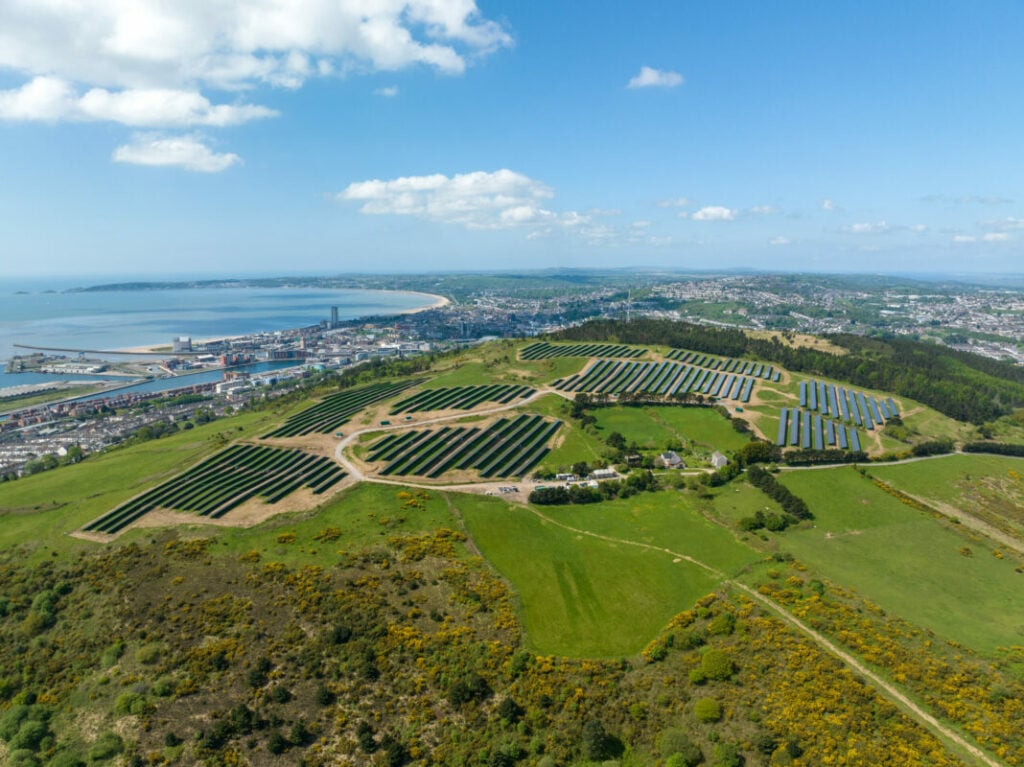
The Welsh government has handed a boost to smaller-scale solar PV deployment by removing a mechanism requiring direct ministerial approval for the construction of the power plants.
Instead, Wales’ cabinet secretary for economy, energy and planning Rebecca Evans revealed on Wednesday (13 November) that planning inspectors of Planning and Environment Decisions Wales (PEDW) would make decisions on projects under 50MW capacity.
This change from the current system, which requires renewable energy projects with capacities larger than 10MW to acquire permission directly from the Welsh government under the Developments of National Significance (DNS) process, is expected to cut the average decision time for renewable energy generation planning applications by at least 12 weeks.
Chris Hewett, chief executive of trade association Solar Energy, welcomed the Welsh government’s move, stating that it is a “real tonic for the renewable energy sector in Wales”.
“The faster decisions are made, the faster we can reduce dependence on expensive, imported gas and deliver the supply chain and installation jobs, energy security, decarbonisation and lower bills that we all need. I look forward to helping develop the forthcoming sector deal and further accelerate investment into Welsh renewables,” Hewett said.
Reforms to planning have been hot on the agenda for Wales for several months. Our sister publication, Current±, recently published a statement from renewable energy developer Bute Energy, which strongly criticised the Welsh planning permission system and called for urgent reform to speed up the rollout of more renewable energy projects, especially larger-scale ones.
However, the Welsh government’s publicly announced plans to reform the planning system and implementation of welcome changes for the industry help create investor confidence in the country’s renewable energy sector.
Although most of the Welsh renewable energy sector is expected to be dominated by onshore and offshore wind, especially with the potential the Celtic Sea opportunity could provide the country, solar PV is expected to play a supplementary role in its energy transition.
Indeed, Solar Energy UK indicates that Wales could have 8GW of solar PV capacity in place by 2035 and 5GW by 2030, up from around 1GW currently.
Evans also said the Welsh government will work with communities, developers and stakeholders to achieve its renewable energy targets. The next steps involve working to secure and deliver a sector deal for renewable energy. Solar Energy UK expects to be part of the new working group for the deal, which is set to be convened next year.
“The aim will be for government, industry, and other stakeholders to articulate a shared vision and actions to support the delivery of renewable energy projects. We need actions to remove barriers and improve outcomes for supply chains, skills, employment and community benefits,” Evans said.

